|
Over the last few months we celebrated some grad student birthdays (Amanda and Elyssa) and had a lab night out to celebrate the end of the fall semester!
2 Comments
MTL Lab grad student Amanda McGraw defended her honors thesis and the lab went out to celebrate! Her work focused on the relation between finger gnosis (the ability to recognize your fingers) and different math skills.
Congratulations Amanda! At the end of April, the FSU Psychology department held their annual Graduate Research Day. As always, it was very exciting to see all the research that was being done by the graduate students in the department! Amanda McGraw, Connie Barroso, and Elyssa Geer represented the MTL Lab with their posters!
Last week, Connie Barroso gave a talk in FSU's College of Education's Learning and Cognition brownbag series. She discussed her work examining the math and science mindsets of engineering students, which was based on her master's thesis she completed in the Learning and Cognition program last year. There was a great crowd and very interesting questions and ideas to think about as she continues this work!
This past week was the biennial meeting of the Society for Research in Child Development in Austin, TX, one of the biggest conferences in our field! Our lab had four posters at the conference and Dr. Ganley was awarded an Early Career Research Contributions Award!
This week the MTL Lab and IDCD Lab had an inter-lab bowling competition! Each lab won a game!
Dr. Ganley and graduate student Amanda McGraw's new article about math anxiety was just published in the open access journal Frontiers in Psychology. This is Amanda's first publication! In this article, we report on the development and validation of a revised version of a children's math anxiety questionnaire (the Math Anxiety Scale for Young Children) for children in first through third grades. You can read or download the full article here: http://journal.frontiersin.org/article/10.3389/fpsyg.2016.01181 The key questions and findings of this article are: 1) How well do students understand math anxiety questions? We conducted this research project because we were unsure if young children understood questions from previous surveys that asked about math anxiety, like the Math Anxiety Scale for Young Children (MASYC). We found that there were 3 questions on the MASYC survey that many students did not interpret as intended. For example, for the item "Figuring out if I have enough money to buy cookies and a drink is fun", many students we interviewed answered based on whether they would want to buy cookies and a drink, and not whether they would want to do the math needed to figure out how much money they would need. Therefore, their responses were not related to math anxiety at all! We removed this item, as well as others that were misinterpreted, from the new version of the survey that we created. We now know that when students answer the questions, they are answering about math anxiety and not anything else. 2) How many early elementary school children have math anxiety? There was, unfortunately, a subset of students in all grades who could be identified as having high math anxiety. The survey that we gave measured math anxiety in three different ways. Some items were about the physiological aspects of math anxiety (e.g., Math gives me a stomachache), others were about the worry aspects of anxiety (e.g., I get worried when I don't understand something in math), and others were actually not anxiety, but confidence about math (e.g., I like doing math problems on the board in front of the class). We found that for first-grade students, 13% of students were high in the physiological aspects of anxiety, 33% were high in the worry aspects of anxiety, and 18% had low math confidence. It was similar at the other grades as well. This suggests that we need to be thinking about ways to intervene in students' math anxiety much earlier in development than previous interventions have sought to help (typically in middle school or beyond). 3) Is math anxiety related to math performance? We found small, but important, correlations between math anxiety and math performance. However, these relations appeared primarily for the third grade students, and not earlier in development, suggesting that math anxiety and math performance are related, but this relationship may not emerge until the third grade. 4) Is math anxiety related to other attitudes about math? We found that math anxiety was also related to the other attitudes that students have about math. This suggests that students with higher math anxiety tend to be less confident in their math abilities, be less interested in math, and think that math is less important. 5) Are there gender differences in math anxiety? At this age, we found some evidence that girls have higher levels of math anxiety than boys (as is often found with older children, adolescents, and adults). However, our results showed that this gender difference in math anxiety could really be explained by the gender difference in general anxiety. Therefore, at this age, it does not appear that math anxiety specifically is higher for girls than boys. Dr. Ganley worked with Dr. Sarah Lubienski and Dr. Joe Robinson-Cimpian from the University of Illinois at Urbana-Champaign (with whom she did her postdoctoral work) on the AERA Institute on Statistical Analysis for Education Policy. Dr. Ganley gave presentations about working with large-scale data sets from the US Department of Education and using propensity score matching in SPSS. See here for an article about the Institute on the AERA website and here for an article on the University of Illinois website.
Based on an upcoming book chapter, Dr. Ganley and her colleague, Dr. Sarah Lubienski, have written two blog posts. The first summarizes the current research on gender differences in math and the second addresses potential ways to reduce these gender differences. You can read the blog posts here and here.
|
MTL LabHere we will post updates on the research and fun happenings of the Math Thinking and Learning Lab! Archives
July 2024
Categories |



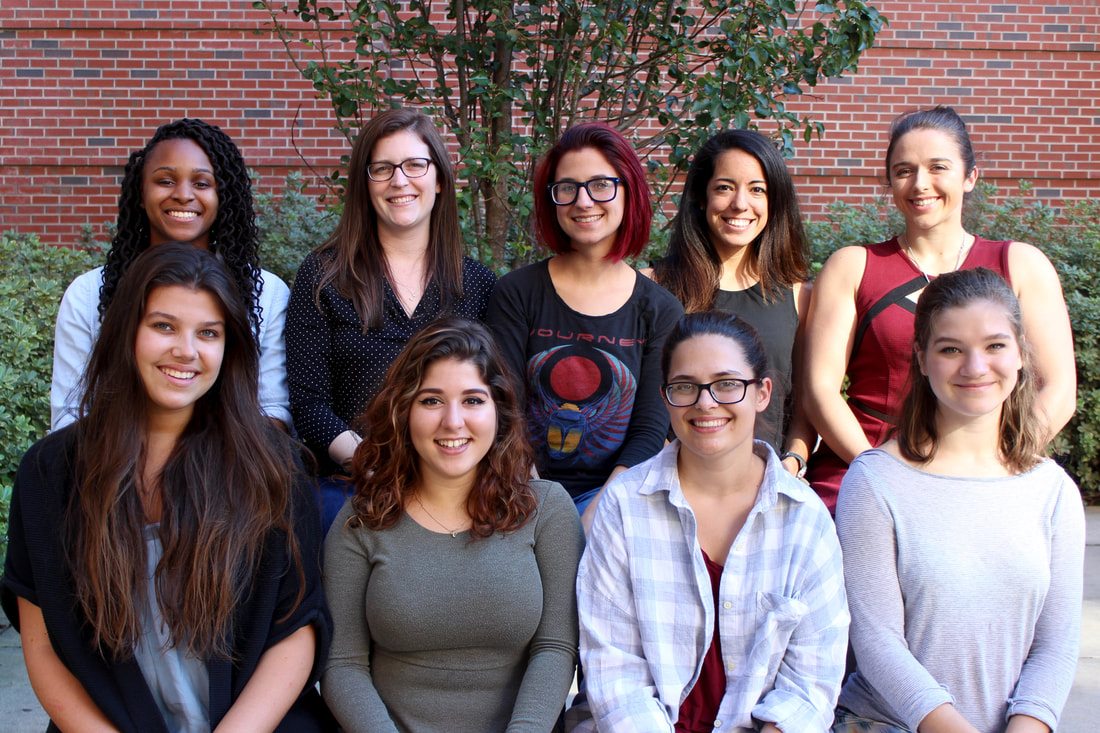
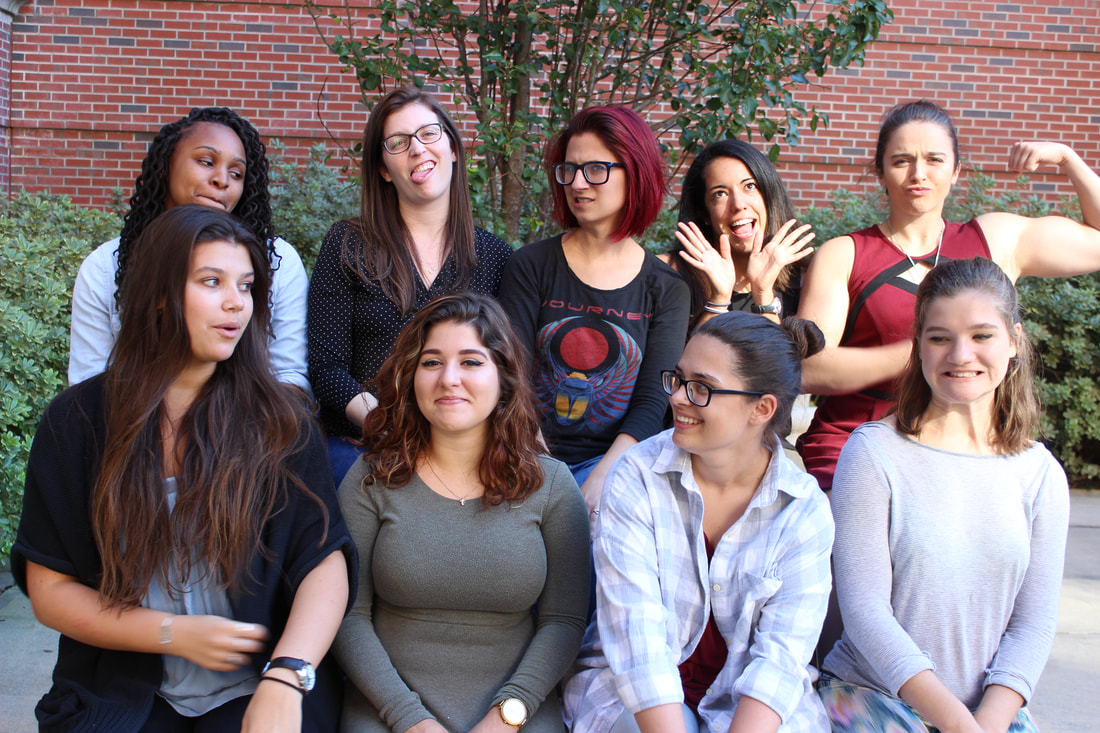

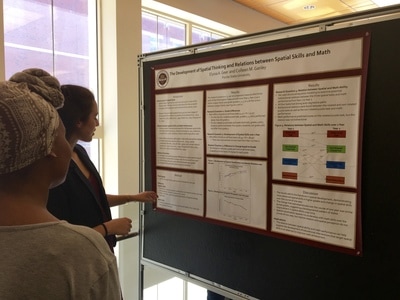
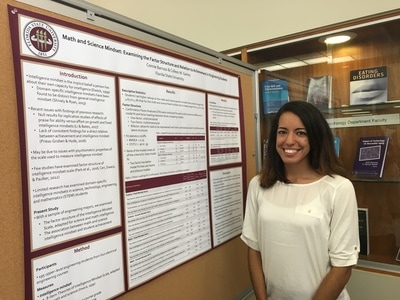
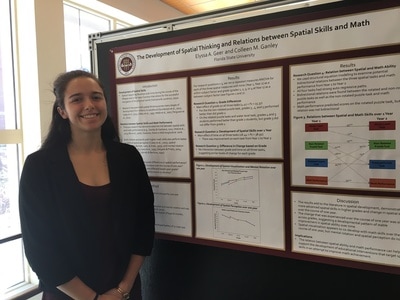
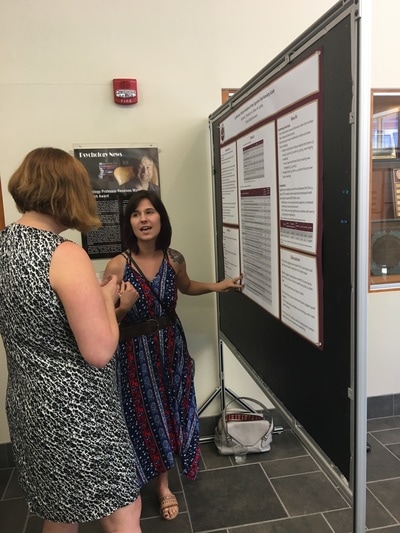
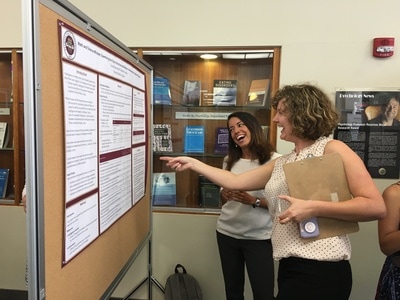
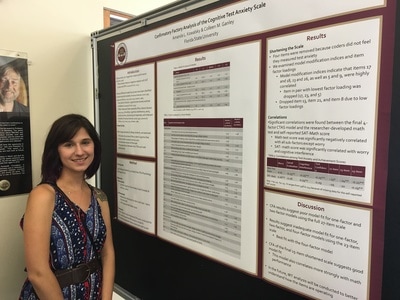
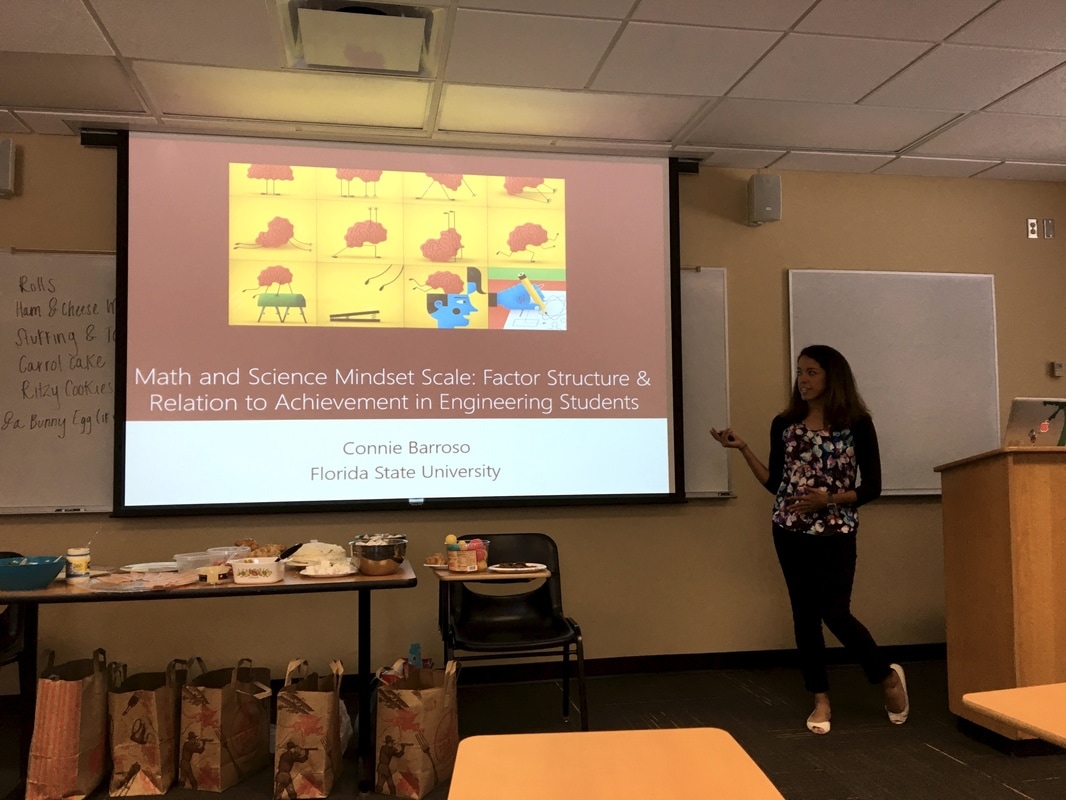
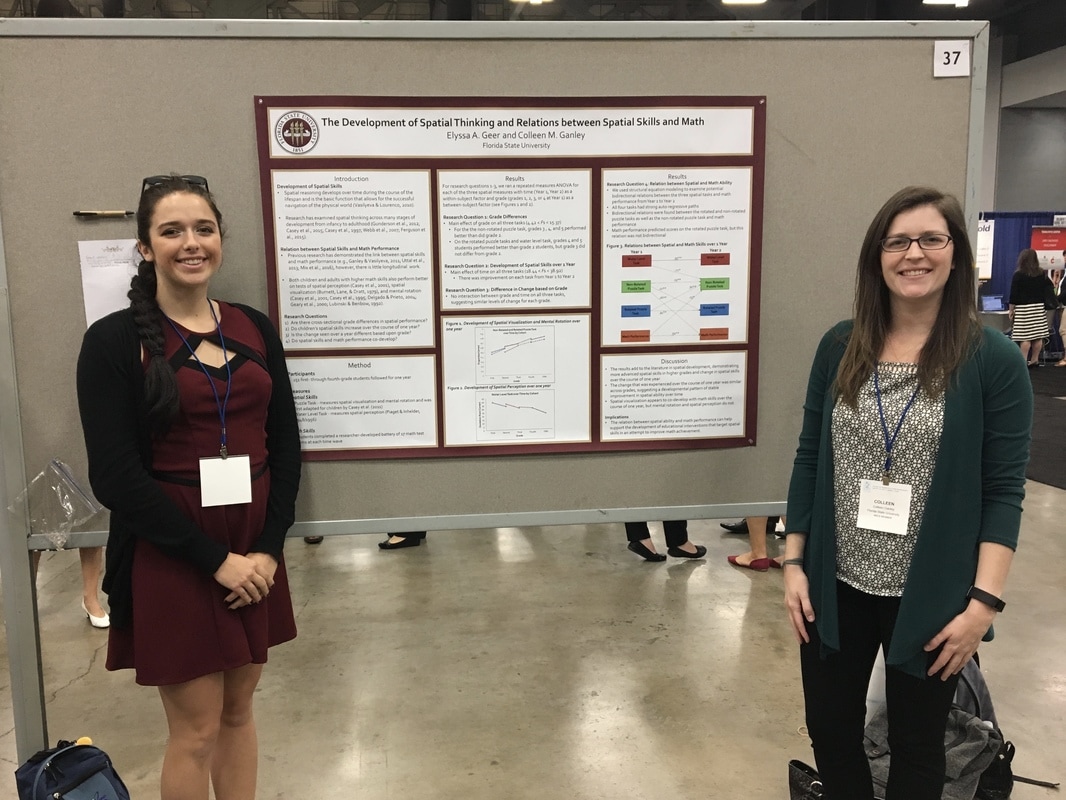
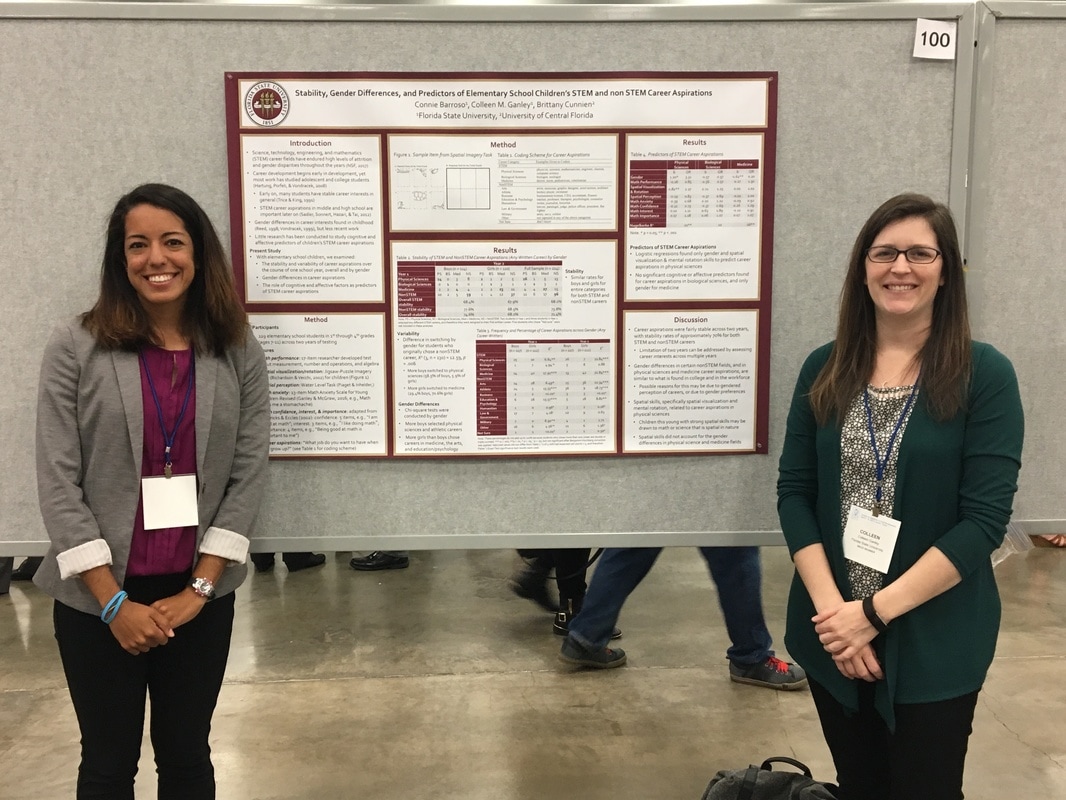



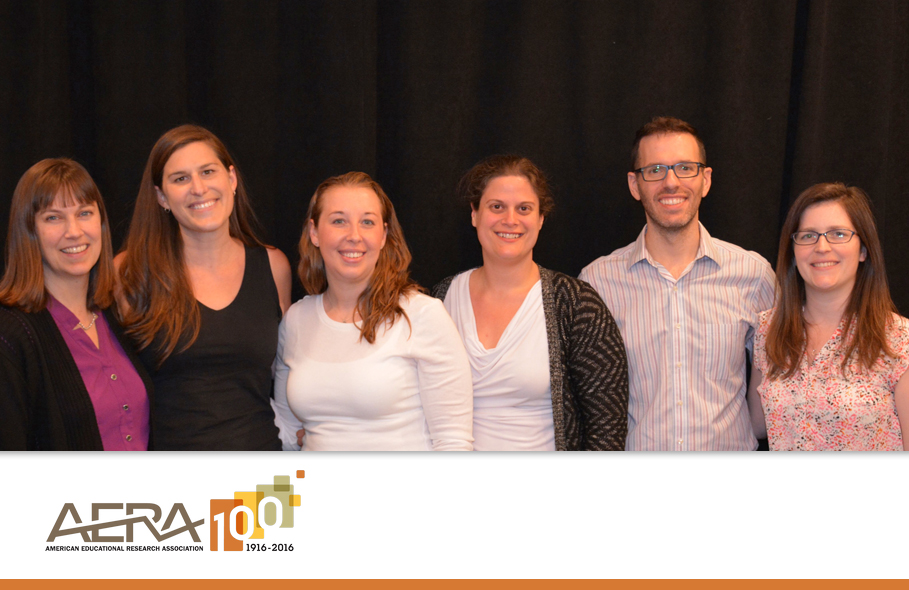
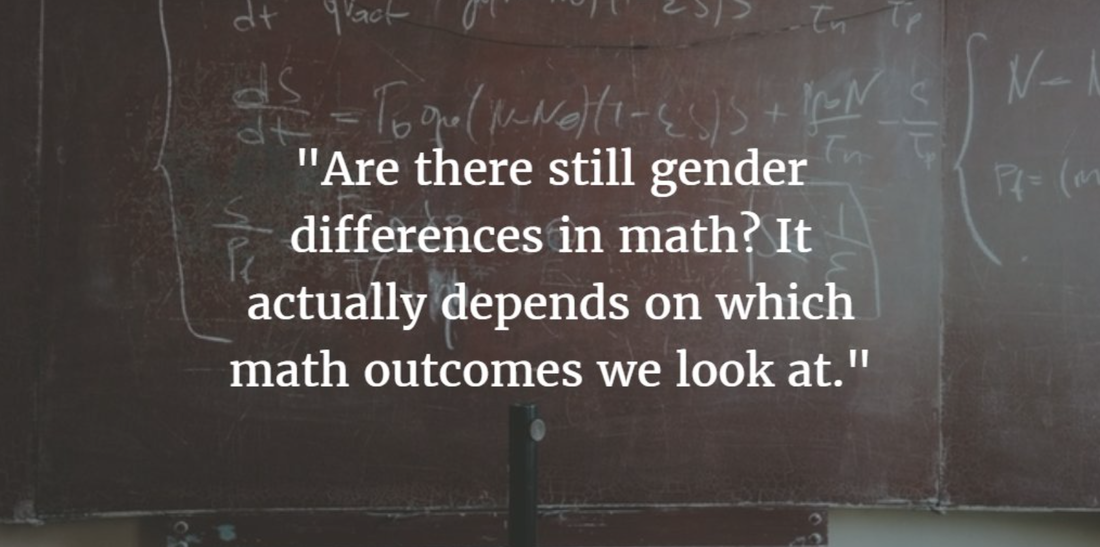
 RSS Feed
RSS Feed